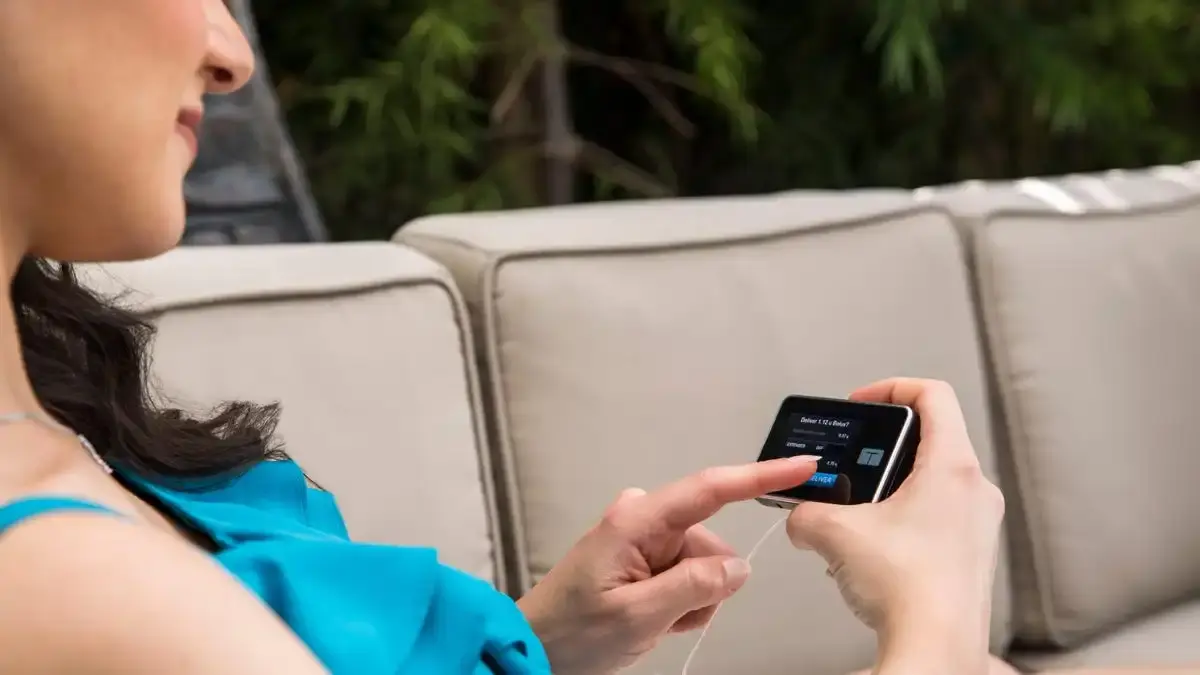That’s horrifying. Why would a potential life-threatening device be controlled by a smartphone app? What functions could possibly not be handled on the pump itself and need to be offloaded? What FDA crook was paid off to allow such a stupid thing to hit the market?
deleted by creator
The problem with this logic is the manufactures have no control over the iPhone update. The article didn’t go into exactly what happened, but it could have been that the device worked fine at launch, but then Apple released an update which caused an issue in the app. Even if it didn’t happen this way I could definitely see it happening. Using an app for critical life sustaining medical devices is like playing Russian Roulette, an update from Google or Apple can put you in the hospital, or worse.
You need an incredibly robust quality management system to even achieve certification (allowing you to place on the market) when creating systems which include life support function, or functions which potentially could kill a user. All potential changes both within and outside of the manufacturers’ control MUST be assessed and constantly monitored so such issues CANNOT arise.
No one should be able to legally place an unsafe app on the market, or legally perform changes to the app without the necessary checks and balances.
Medical device approvals in most countries are definitely not the wild west. Although they are not perfect.
Why does it need a connection to another device in the first place though? Silicon is tiny and cheap; all the logic, sensing, and scheduling could be done inside the pump.
interacting with a pump sounds kinda awkward tho, i totally see why some people would prefer some sort of remote control, e.g. an app
I can see the utility, but there should be at least some critical operability in case the phone or app doesn’t work for whatever reason, to help avoid injuries like these
The same reason you don’t carry a camera, a music player, a phone, etc as separate devices in your pocket. Because it’s wildly inconvenient and super frustrating to swap between them. For diabetics in this case, you generally have two separate companies making the pump and the glucose monitor. So at that point you are carrying a phone around, a monitor for your glucose levels, and a controller for your pump. That’s three devices that you need to keep charged and on your person at all times. Not to mention they are generally not slim and sleek and easy to pocket.
The ability to swap between these from a single device and the mental offload that brings can’t be overstated.
That being said, people that use medical services on their phones should not do OS upgrades until they are notified by their makers to be verified and working and should be heavily tested before any updates go out.
I fucking hate when people write safety-critical code with the same level of sloppiness they write social media popup horseshit.
Yup but the employers are to blame
Everyone involved is to blame. Writing code that fails causing death is on whoever wrote that code.
They should look into exponential backoff





